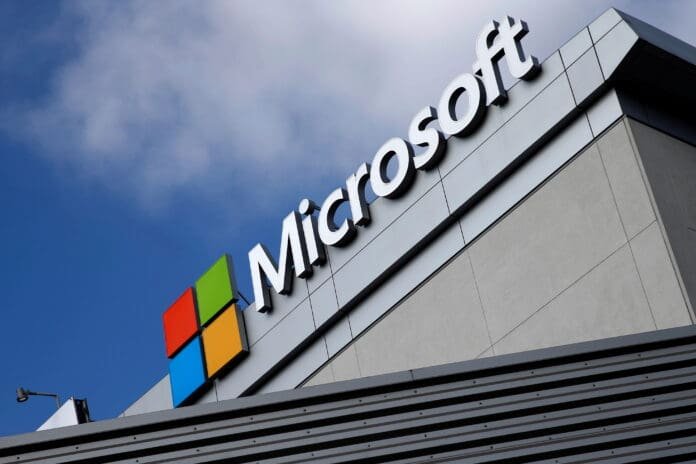Microsoft is facing a lawsuit from The Times over allegations of story plagiarism and data mining. However, Microsoft’s legal team is now claiming that OpenAI’s massive language models are only the most recent example of numerous technologies that are authorized despite the risk of copyright violation. According to Microsoft, providing GPT-based solutions had no role in copyright infringement committed by Copilot users. A paragraph states that copyright law does not provide any greater challenge to massive language models than it did to the video cassette recorder (VCR) (or personal computer, internet, copy machine, player piano, or search engine.)
According to an interview with Ian Crosby of Susman Godfrey, who is also the main counsel of the Times, Microsoft did not deny collaborating with OpenAI on copying the pieces published by the newspaper. “Instead, it oddly compares LLMs to the VCR even though VCR makers never argued that it was necessary to engage in massive copyright infringement to build their products,” Crosby remarked.

The Times further claimed that Microsoft was aware of and encouraged copyright infringement by users through the sale of products based on OpenAI’s GPT model. However, Microsoft countered that the Times failed to provide any evidence of actual copyright infringement through a Copilot user. In its motion, Microsoft argues that the Times’s contributory infringement approach is insufficient because it “improperly seeks to impose liability based “solely [on] the design or distribution of a product capable of substantial lawful use,” the same reason the VCR claim failed forty years ago.
Microsoft maintains that the Times failed to establish that the company intentionally removed copyright management information, such as the name of the copyright owner, from its training data in violation of the Digital Millennium Copyright Act (DMCA). Microsoft pointed out that previous generative AI lawsuits, such as the one written by Sarah Silverman, had their claims rejected using the same reasoning as the Times.
Legal actions such as the Times’ lawsuit over OpenAI and Microsoft could significantly impact the future of generative AI. In its own move to dismiss, OpenAI asserts that ChatGPT was “tricked” into directly duplicating copyrighted material by The Times.
Following is the Microsoft’s Memo to Dismiss the Case




